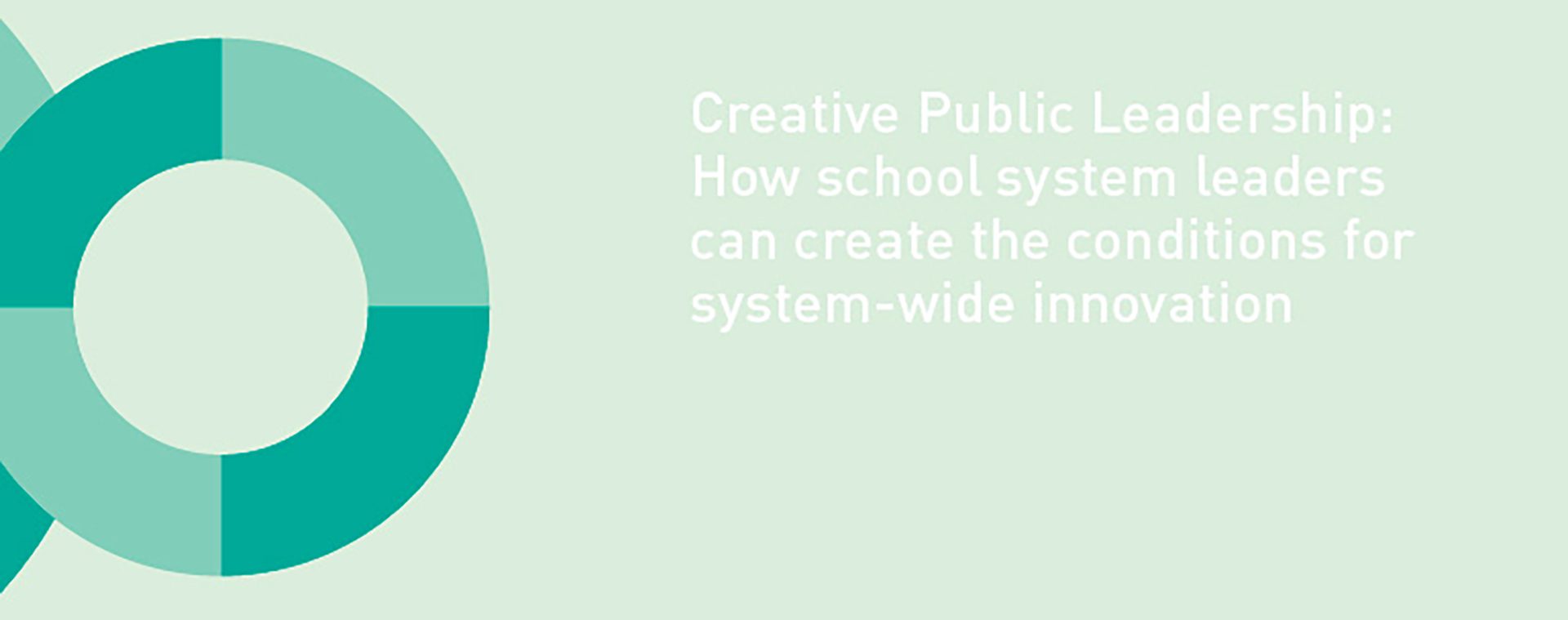
World Teachers’ Day – an annual celebration of the great craft that is teaching. But is this most noble of professions struggling with an identity crisis? And what does this say about the nature of education systems across the world?
Working in education, it sometimes feels that no news is good news. There are steady flows of stories alluding to how ill-equipped young people are to face the increasingly challenging world once they leave formal education, and how ‘broken’ the system is. But the 5th October, World Teachers’ Day, is a rare shining light in my normally dismal Twitter feed.
It seems as if this day is one of the few in which teachers aren’t spoken about in terms of targets grades, unmanageable workloads, and as an increasingly unpopular profession/vocation/lifestyle choice. Instead, we get to hear stories of teachers changing students’ lives; a workforce that is full of esteem; that is respected as crucial to a successful society; that is made up of experts of pedagogy as well as subject knowledge.
The celebration doesn’t last long. Back to the stories of the global shortage of teachers or the annual school and college league tables, PISA tests and other such high stakes accountability measures.
The outcome is that teaching is a life choice that has an increasingly confused identity. Not so long ago teaching was a vocation – a lifelong calling of expertise, responsibility and autonomy. But the nature of education systems across the world are causing shifts in this identity.
Efforts to standardise education systems through high stakes accountability and top down public management is becoming accepted as the strategy of improvement, with implications not just for learning outcomes but also for how the teaching profession is seen, and sees itself. More often than not, teachers are deliverers of curriculum, implementers of education ‘strategy’; the operational arm of the standards authority. Their agency, autonomy and identity are all too often the unfortunate casualties.
The question arises as to whether this identity crisis is indicative of wider dysfunctions within education systems. The demands of an increasingly complex global society and set of interconnected, dynamic economies poses great challenges to educators everywhere. In his book, The Future: Six Drivers of Global Change, Al Gore highlights that “the future now emerging will be extremely different from anything we have ever known in the past. It is a difference, not of degree, but of kind”. The future workforce will have a multiplicity of prospects and career trajectories that education systems have never before had to provide for. Typical 21st century jobs, and social challenges for that matter, are actually far from typical. Jobs of tomorrow, especially in developed countries, will no longer involve algorithmic or standardised practices, but require nuanced knowledge, creativity and critical thinking. Global issues such as climate change and sustainability require similarly complex skill-sets and depth of knowledge.
Many education systems are on a very different trajectory to what citizens and workers of the future require. They focus on ‘getting the basics right’ and providing a standardised and narrowly defined set of knowledge, skills and mind-sets. This divergence is why we must re-imagine how education systems are set up, alongside the role of teachers within those systems. In doing so, jurisdictions across the globe can enable an agile and innovative education system that can meet the varied and fluid demands of today and tomorrow.
We believe a new concept of Creative Public Leadership is required to re-position public education systems as authorizing, facilitative and supportive platforms for systemic innovation. We must create systems that support schools to think more often, more deeply and more radically about their mission: systems ultimately predicated on the power of human relationships and both collective school and teacher agency. This agency must return teachers to the centre of the innovation process – rekindling and reinforcing their expertise as educators. Furthermore, the role of teacher should be refined and expanded; we should consider teachers as facilitators, as designers of learning, and education researchers.
Our interim report, informed by conversations with system leaders all over the world, tests our emergent thinking around what next steps need to be taken to reorient public education systems. We believe they are:
- Building the case for change;
- Desisting from waves of centrally-driven short-term reforms;
- Developing outward as well as upward accountability, to learners and localities;
- Creating and protecting genuine space for local curriculum designs;
- Prioritizing innovation in assessment and metrics;
- Placing intentional, rigorous focus on the development of teachers’ innovation capabilities, throughout their career;
- Redirecting some proportion of a jurisdiction’s education spending to an explicit incubator program, tasked with radically innovating on behalf of the system as a whole;
- Building systems of collaborative peer learning to support the adaptive scaling of innovation; and
- Putting system entrepreneurship at the heart of system leadership.
We are eager to start a global conversation with system leaders and educators about whether these steps respond to the challenges and constraints that all too often dominate our thoughts, worries and twitter feeds.
For more, read the full interim report, here.


